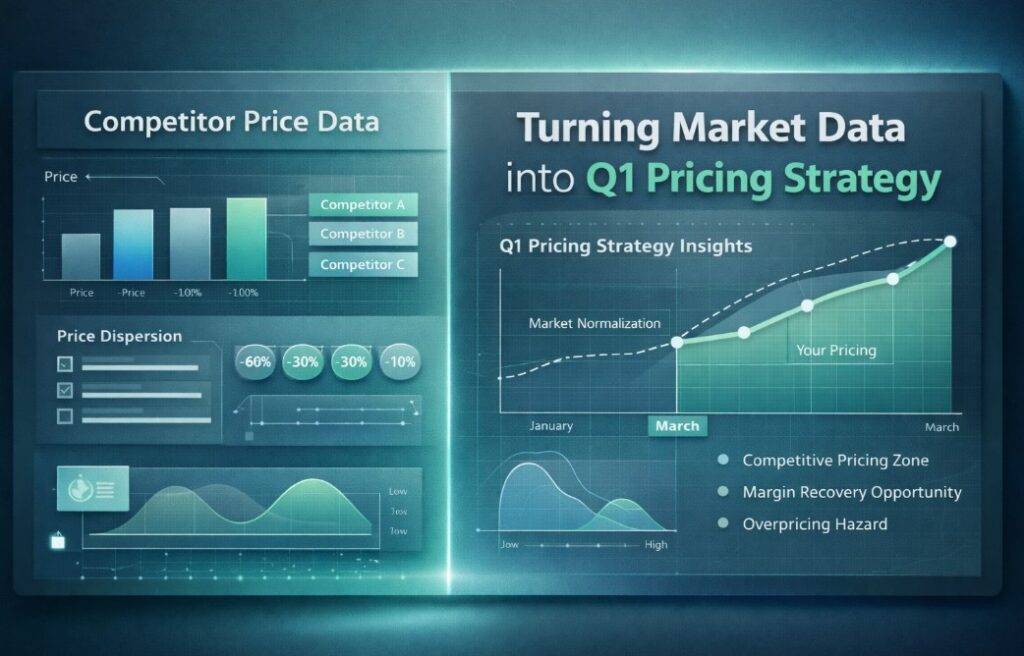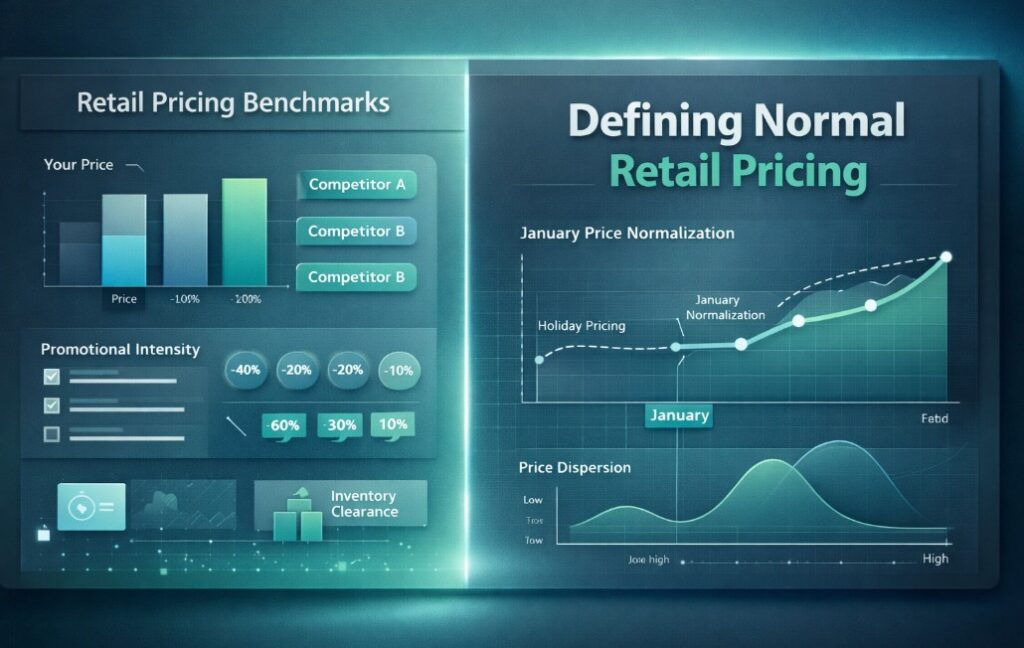- Product
- Solution for
For Your Industry
- Plans & Pricing
- Company
- Resources
For Your Industry


Marketplaces like Amazon, eBay, Walmart, and Etsy offer a powerful way to tap into a massive existing customer base. Here’s a breakdown of the pros and cons of each, along with examples to illustrate their ideal use cases:
Amazon: The undisputed king of e-commerce, boasting over 200 million unique monthly visitors.
Example: Think you have the perfect fidget spinner? Reach a massive audience of gadget enthusiasts on Amazon.
Pros: Unparalleled customer base, brand recognition for trust, fulfillment options like Fulfillment by Amazon (FBA) to streamline logistics.
Cons: High competition can lead to price wars, seller fees eat into profits, less control over branding as you play by Amazon’s rules.
eBay: A veteran player known for its diverse product range and auction format.
Example: Have a collection of vintage vinyl records? Tap into eBay’s dedicated community of collectors.
Pros: Caters to a wide range of products, including those hard-to-find treasures. Relatively lower barriers to entry compared to Amazon.
Cons: Lower average order value means you might earn less per sale. Their fee structure can be complex, requiring careful calculation to maintain profitability.
Walmart Marketplace: The retail giant is making serious waves in the e-commerce space, attracting a budget-conscious customer base.
Example: Offering high-quality kitchenware at competitive prices? Walmart Marketplace might be a perfect fit.
Pros: Growing audience loyal to the Walmart brand, potential for competitive pricing to attract value seekers.
Cons: Limited product categories compared to Amazon, stricter seller requirements can make it harder to qualify.
Etsy: A haven for handcrafted, vintage, and one-of-a-kind treasures.
Example: Do you create unique, handmade jewelry? Showcase your artistry on Etsy’s dedicated platform.
Pros: Targeted audience of crafters and vintage enthusiasts, ideal for showcasing unique products. Established community fosters brand discovery.
Cons: Limited to specific product categories, potentially lower sales volume compared to broader marketplaces.
Social media platforms like Facebook and TikTok are no longer just about connecting with friends and family. They’ve become powerful marketplaces where brands can connect directly with their target audience and convert followers into customers.
Facebook Shops: Leverage the massive user base of Facebook and Instagram to sell directly within the social media experience.
Example: Do you design trendy clothing for young adults? Showcase your latest styles on Facebook Shops and target ads to your ideal demographic.
Pros: Incredibly easy setup, existing audience on Facebook and Instagram simplifies customer acquisition. Powerful targeting options allow you to reach the right people with laser focus. Strong brand integration lets you build a cohesive social media presence.
Cons: Limited customization options compared to standalone stores. Reliance on Facebook’s algorithm means you need to understand how to play by their rules to get maximum exposure.
TikTok Shopping: A rapidly growing platform for reaching younger demographics who devour short-form video content.
Example: Do you create playful phone cases? Showcase their functionality and design through creative TikTok videos with clear buying options.
Pros: High engagement potential with a younger, tech-savvy audience. Ability to showcase products in a fun and creative way through short videos.
Cons: A newer platform still evolving its e-commerce features. Smaller user base compared to established options like Facebook Shops.
For businesses seeking complete control over their brand experience and long-term scalability, self-hosted platforms like Shopify and WooCommerce offer a powerful solution. These platforms provide the foundation upon which you can build your own unique online store, tailored to your specific needs and brand identity.
Shopify: A user-friendly platform with a vast array of features and app integrations to scale your business.
WooCommerce (WordPress Plugin): Integrates seamlessly with WordPress websites, offering a flexible and cost-effective solution.
Advanced Self-Hosted Options: For the Technically Savvy
Beyond the user-friendly options like Shopify and WooCommerce, there are self-hosted platforms that cater to businesses with a strong technical background and a desire for maximum control. These platforms offer a steeper learning curve but provide unmatched flexibility and customization.
Magento (Adobe Commerce): A powerful open-source platform known for its scalability and extensive feature set. Magento is a favorite among large enterprises with complex business needs. However, it requires significant development resources and expertise to set up and manage effectively.
PrestaShop: Another open-source option that offers a good balance of features and ease of use compared to Magento. PrestaShop is a popular choice for businesses looking for a self-hosted platform with a large community and extensive plugin ecosystem, but it still requires some technical knowledge to navigate.
Choosing the Right Platform:
The ideal self-hosted platform depends on your specific needs and technical expertise. Here’s a quick breakdown to help you decide:
Building a successful e-commerce store goes beyond choosing the right platform. Here are some additional factors to consider:
The multichannel marketplace offers a dynamic landscape for e-commerce businesses. By carefully selecting the right combination of marketplaces, social commerce platforms, and potentially a self-hosted store, you can create a powerful omnichannel strategy to reach a wider audience, boost sales, and build a thriving online business. Remember, the key is to choose platforms that align with your products, target audience, and technical capabilities. With careful planning and execution, you can navigate the multichannel marketplace and establish your brand as a leader in the e-commerce world.













Missing an important marketplace?
Send us your request to add it!